Vegan Parenting: A Comprehensive Guide to Raising Kind Kids
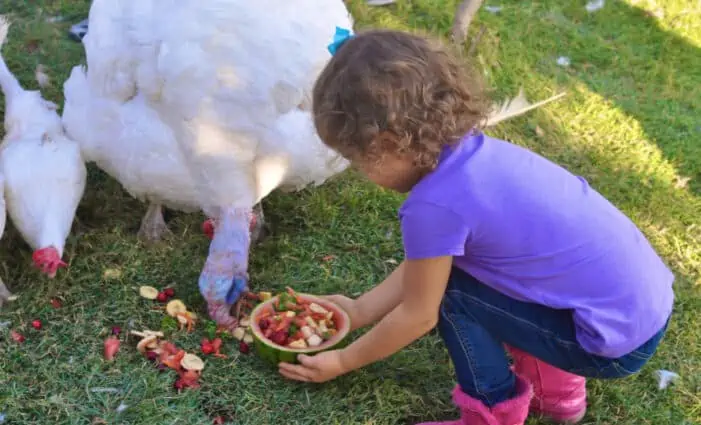
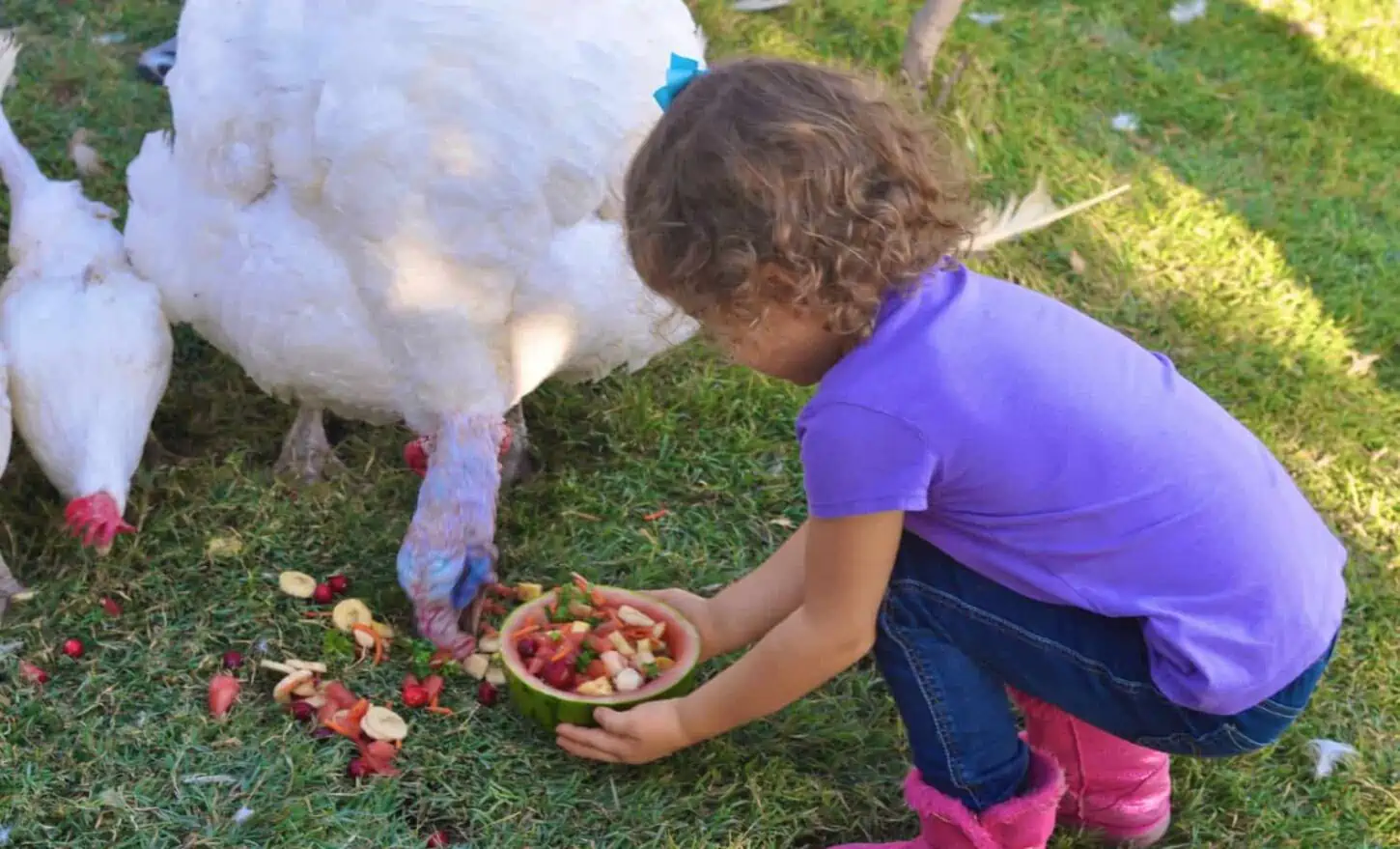
Embarking on a journey of plant-powered living isn’t just about what’s on your plate; it’s a transformative lifestyle that extends its green tendrils into every facet of life, including the challenging and rewarding world of parenting.
Raising little sprouts who thrive on a plant-based diet can be a leafy, nutrient-rich adventure with its unique set of challenges and opportunities for growth. In this guide to vegan parenting, we’ll provide you with the essential tips, wisdom, and abundant resources needed to cultivate your child’s kind nature and love for plants and animals.
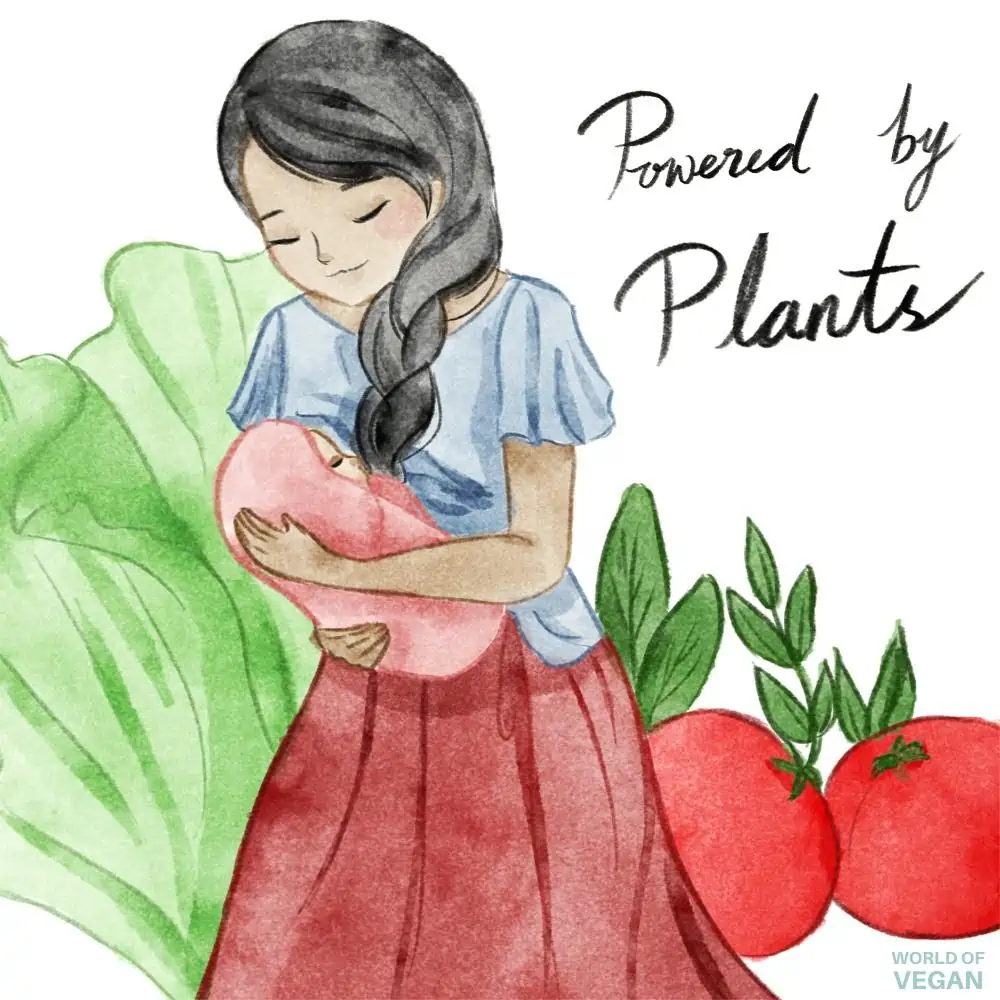
Table of contents
- Rooting the Basics: Understanding Plant-Based Living for Kids
- Fertilizing with Balanced Nutrition
- Harvesting Healthy Kids Meals and Meal Planning
- Cultivating Culinary Love with Kid-Friendly Recipes
- Lunchbox Farming: Preparing Plant-Powered School Lunches
- Weathering Social Situations and Birthday Parties
- Cultivating Patience and Support
- Empowering Autonomy
- Leading by Plant-Based Example
- Fostering Community and Connections
- Celebrating Holidays and Special Occasions
- Resources for Parents and Young Shoots
- Teaching the Roots of Food: Gardening Adventures with Your Child
- Find Joy in Plant-Powered Parenting
Rooting the Basics: Understanding Plant-Based Living for Kids
For many people, raising children on a plant-based path means making choices that prioritize their health, the environment, and animal welfare. Explaining the essence of plant-powered living to your children is like planting seeds of compassion, health, and environmental consciousness. Water these seeds with age-appropriate explanations, nourishing children’s books with themes of kindness and compassion, and kid-friendly documentaries and videos that showcase the wonders of our green Earth.

Fertilizing with Balanced Nutrition
Plant-based diets can offer numerous health benefits for kids. They are rich in essential nutrients, fiber, and antioxidants, which support healthy growth and development. Additionally, plant-based diets tend to be lower in saturated fats and cholesterol, reducing the risk of childhood obesity and related health issues.
By fostering a love for fruits, vegetables, and whole grains early on, plant-based diets can instill lifelong healthy eating habits in children. Don’t forget to check out our handy guide on vegan kids lunch box ideas for more inspiration!
As with all children, ensuring your little sapling gets all the necessary nutrients on a plant-based diet is crucial. Focus on a variety of plant-based foods, including:
- Protein: Beans, lentils, tofu, tempeh, and nuts.
- Calcium: Fortified plant-based milk, leafy greens like kale and broccoli.
- Vitamin B12: Fortified foods or supplements.
- Iron: Legumes, whole grains, and iron-fortified cereals.
- Omega-3 fatty acids: Flaxseeds, chia seeds, and walnuts.
- Vitamin D: Sunshine and fortified foods.
Consult a healthcare professional or plant-based registered dietitian to see if your child needs any specific supplements, such as vitamin B12 or vitamin D. Regular check-ups help you monitor their growth and ensure they’re flourishing. Some parents choose to seek out a plant-based pediatrician or vegan doctor since they will likely have more knowledge about plant-based diets for kids.

Harvesting Healthy Kids Meals and Meal Planning
Cultivate well-balanced meals and snacks that cater to your child’s nutritional needs. Make it a delightful garden-to-plate experience by involving them in meal preparation. Create rainbow-inspired, plant-powered dishes to make dining a vibrant and joyous affair.
Cultivating Culinary Love with Kid-Friendly Recipes
Plant the seeds of culinary curiosity in your young ones by exploring plant-based recipes that tickle their taste buds. Dive into the world of veggie-loaded pasta, smoothie bowls, and homemade veggie burgers. Encourage them to be adventurous eaters and cultivate a palate that loves diversity.
Lunchbox Farming: Preparing Plant-Powered School Lunches
When tending to school lunches, pick ripe, plant-based options like hummus and veggie wraps, fruit orchards, trail mix forests, and dairy-free yogurt gardens. Inform the school about your child’s dietary preferences and any allergies, ensuring they get the right harvest during lunchtime.

Weathering Social Situations and Birthday Parties
Parenting in a plant-powered way may require you to navigate social situations as skillfully as a seasoned gardener. Educate friends, family, and school staff about your child’s dietary choices to prevent any weeds of misunderstanding from taking root. Keep a bountiful supply of plant-based snacks ready for social gatherings, ensuring your child blooms without feeling wilted.
Birthday parties can present a unique challenge for vegan kids, since cake is often central to the celebration. To tackle this issue, consider reaching out to the party host in advance, bringing your own vegan cupcake for your child, or giving your child a piece of the cake without making a big deal about it. There is no one right or wrong way to handle these challenging situations, and remember that perfection is not the goal, especially if it fosters resentment in your kids. Raising kind kids is the goal.
Many bakeries now offer vegan cake and cupcake options, ensuring your child doesn’t miss out on the sweet joys of celebration while staying true to their plant-powered values. This thoughtful approach not only fosters understanding but also helps your child feel included and celebrated in various social settings, even when the menu isn’t typically vegan.
Cultivating Patience and Support
Finally, be patient as your child’s plant-powered journey unfolds. They might encounter thorny challenges or curious critters (questions) from their peers. Be there to prune away the thorns and offer the sunlight of guidance and reassurance. Let them know that their choice to embrace this plant-powered path is a radiant one.
Empowering Autonomy
As your child grows, give them the pruning shears of responsibility when it comes to their food choices. Teach them to read labels and identify plant-powered options. This not only fosters self-sufficiency but also ensures they make informed choices even when you’re not around to tend to their plate.
Leading by Plant-Based Example
Children tend to mimic their parents. Be the sunflower that radiates positivity and inspires your child to embrace the plant-powered lifestyle. Share your journey, experiences, and the reasons behind your choice to cultivate this path.
Fostering Community and Connections
Join parenting communities or online gardens where you can connect with other families who share your love for plant-powered living. These communities offer valuable support, helpful advice, and a sense of belonging in the vast garden of parenting.
Celebrating Holidays and Special Occasions
Celebrate holidays with plant-powered fervor by crafting plant-based versions of traditional dishes. Show your child that festive meals can be both delicious and ethical, planting the seeds of values and culinary creativity.
Resources for Parents and Young Shoots
Explore a lush garden of educational resources and books that promote plant-powered living for kids. World of Vegan has a growing collection of resources for both kids and vegan parents.
- Vegan Kids & Parenting Resources
- Vegan Children’s Books
- Snack Ideas
- Vegan Kids Recipes
- Free Coloring Pages
- Vegan Art Supplies
- Gift Guide
Teaching the Roots of Food: Gardening Adventures with Your Child
Beyond the dinner plate, plant-based parenting offers a unique opportunity to connect your child with the very source of their food. Teaching kids where food comes from can be an enlightening and enriching experience. Here’s how you can cultivate this connection.
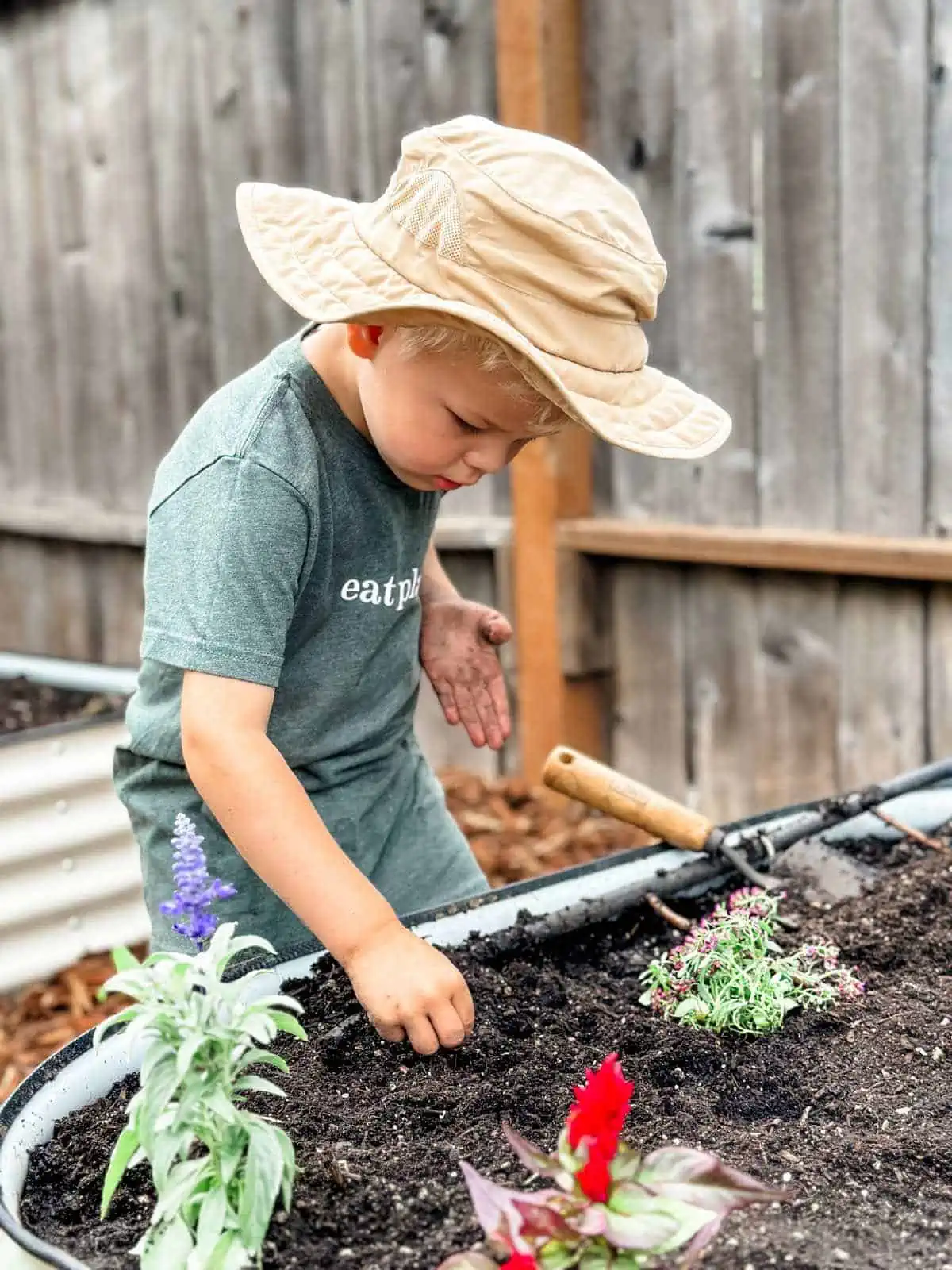
Exploring the Garden: One of the best ways to educate your child about the source of their food is by starting a family garden. Gardening not only provides hands-on learning but also allows your child to witness the miracle of seeds turning into vibrant, nutritious plants. Together, choose a variety of fruits, vegetables, and herbs to grow in your backyard or even in pots on a sunny windowsill.
Planting Seeds of Knowledge: Involve your child in every step of the gardening process. Let them sow seeds, water the plants, and watch them grow. Explain the role of sunlight, soil, and water in nurturing the plants. As they see the fruits of their labor, they’ll develop a deeper appreciation for the food they consume. Our How to Plant Seeds Indoors guide is a helpful resource for any newbie gardeners!
Harvesting and Preparing: When your homegrown produce is ready for harvest, involve your child in the picking process. This hands-on experience allows them to connect the dots between the garden and the kitchen. Together, create simple, delicious meals using the freshly harvested ingredients, turning the garden into a classroom for culinary exploration.
Learning About Seasons: Gardening also teaches kids about the seasons and the natural cycles of growth and harvest. They’ll learn that different crops thrive in different seasons, fostering an understanding of the local food system and the importance of eating with the seasons.
Respecting Nature: Gardening offers an excellent opportunity to instill a sense of responsibility and respect for the environment in your child. Discuss the importance of organic and sustainable gardening practices, emphasizing the role of composting, conserving water, and reducing waste.
By engaging in gardening adventures and growing food together, you not only teach your child about the origins of their food but also impart valuable life skills and a sense of responsibility towards the planet. This connection to the earth can help shape their dietary choices and foster a deep appreciation for the plant-powered lifestyle from an early age.
Find Joy in Plant-Powered Parenting
Parenting on a plant-powered path is an enchanting journey that nurtures compassion, health, and sustainability. By following these tips and cultivating your knowledge of plant-based nutrition, you’ll provide your child with fertile ground to flourish on this green path.
Remember, just like a garden, plant-powered parenting is an ever-evolving landscape, and your support and guidance are the sunshine and rain that help your child bloom into a thriving, compassionate individual.

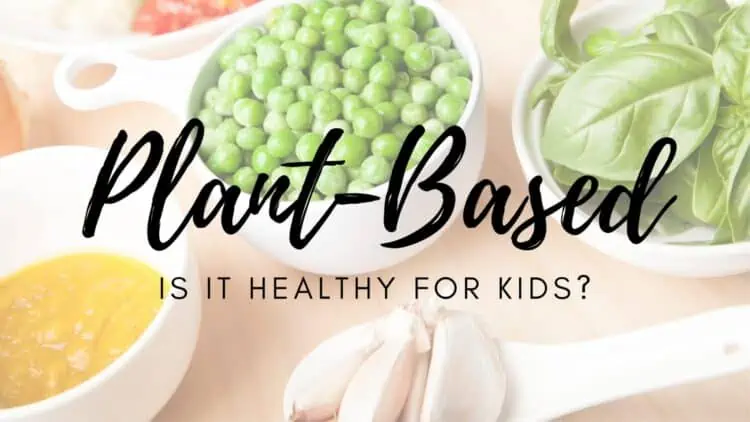


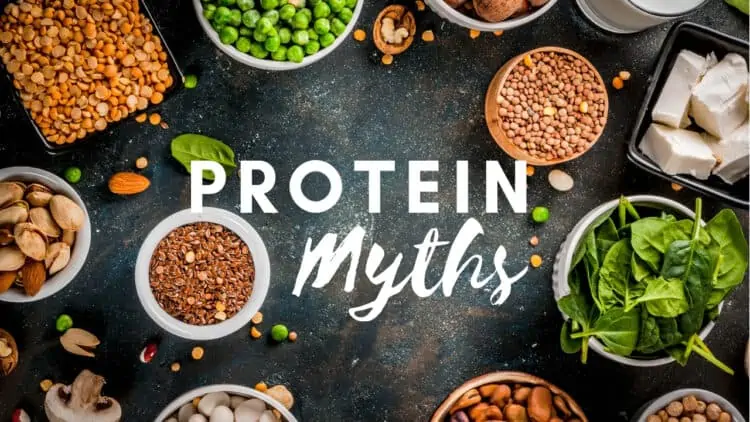

Leave a Comment